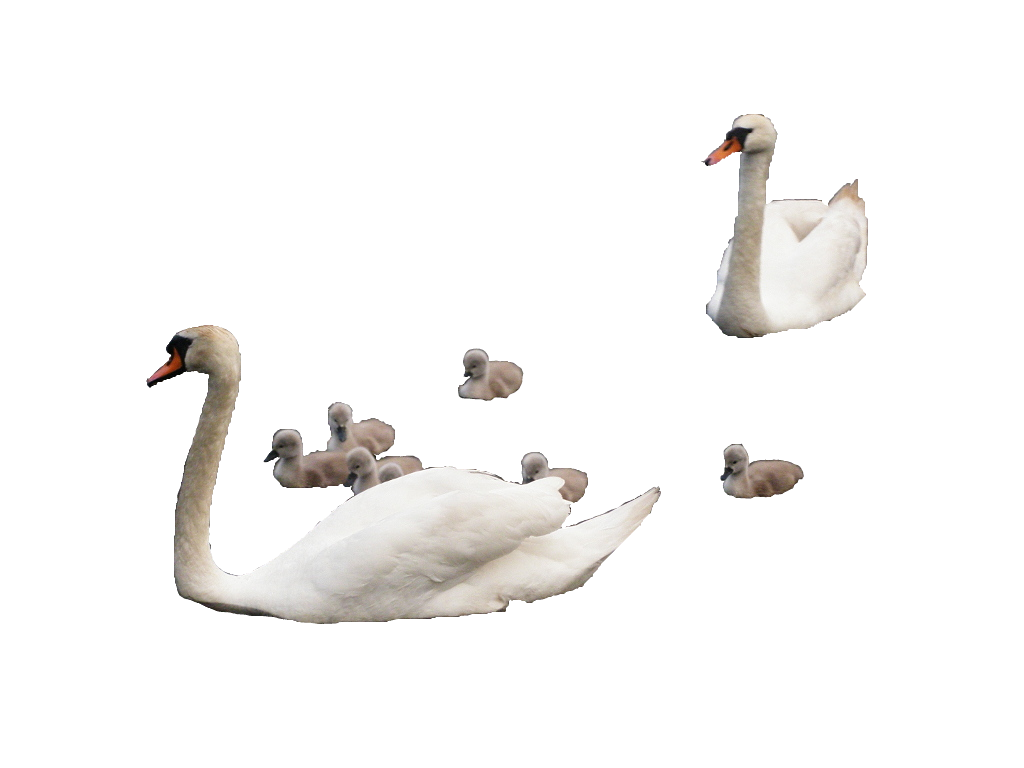
You are here
4.2.1. Federal Parliament

Federal parliament: Legislature Body consisting of parliamentary representatives of the people, which is elected every four years by everyone from 18 years.
Directly elected Members of Parliament have the possibility to wether or not group into parties, but remain independent at all times, even if they commitin advance to a party view.
All potential parliamentary representatives will at registration get the opportunity to acquire the necessary information and education to carry out their future work properly. [To compare with business training].
Potential parliamentary representatives have to present themselves and to define and comment their point of views in general and for the next four years in particular, through an own website, a specially for that equipped TVstation and other media resources, even if they commit in advance to a party view.
Every four years elections will take place, all four at once, so as well on UN level, as on international [States/part of the world], national [federal state] and local level [ city state/regions].
All elections are mandatory. However, there always has to be a 'none of these options is acceptable "choice option. These votes receive a blank seat in the local, regional, national, international or worldly parliament. So without Member of Parliament. Elections that doesn't satisfy are invalid. Argument is that every human being also co-responsoble is for the progress of the society as a whole. Citizens no longer can suffice with: 'I don't know anything about it' and 'das hab ich nicht gewusst'. Participating in society also means thinking about it. Evaluating and making choices is a small but important element of this. At the same time they have the opportunity to make clear that none of the candidates seems suitable.
For the new elections on the basis of the latest findings [statistics, reports from various organisations and institutions, scientists, individuals and referenda], the priorities for the next four years are collected and after discussion and amendments in parliament, adopted by two-thirds of the old parliament.
After inauguration of a new parliament, the priorities for the next four years, as determined by the old parliament, will, after discussion and amendments in parliament, be adopted by two-thirds of the new parliament. After this, on the basis of a two-thirds majority, the members of the new government and the head of government will be elected for the next four years, in accordance with a selection procedure, where every citizen can respond to and which is treated by the management and organisation team of the parliament. The federal parliament can, based on results of two-thirds majority decide to choose one or more members of the government, including the head of government, or to dismiss the entire government and select new members, head of government or government.
Any regulation has to comply with the basic principles. Regulation that doesn't comply with the basic principles is not valid [see Political Judiciary].

